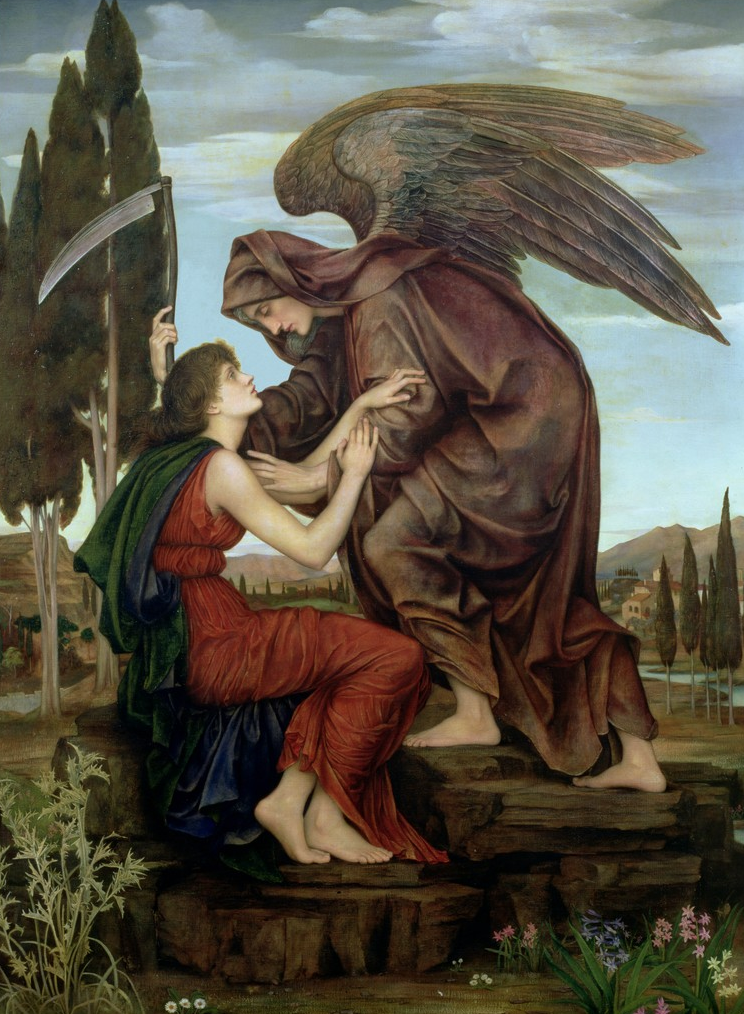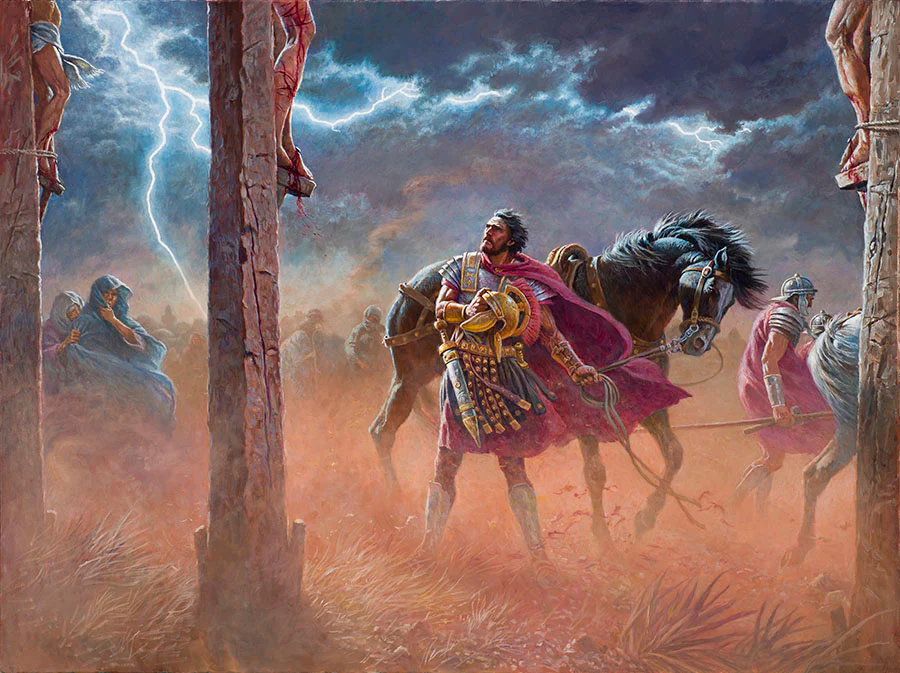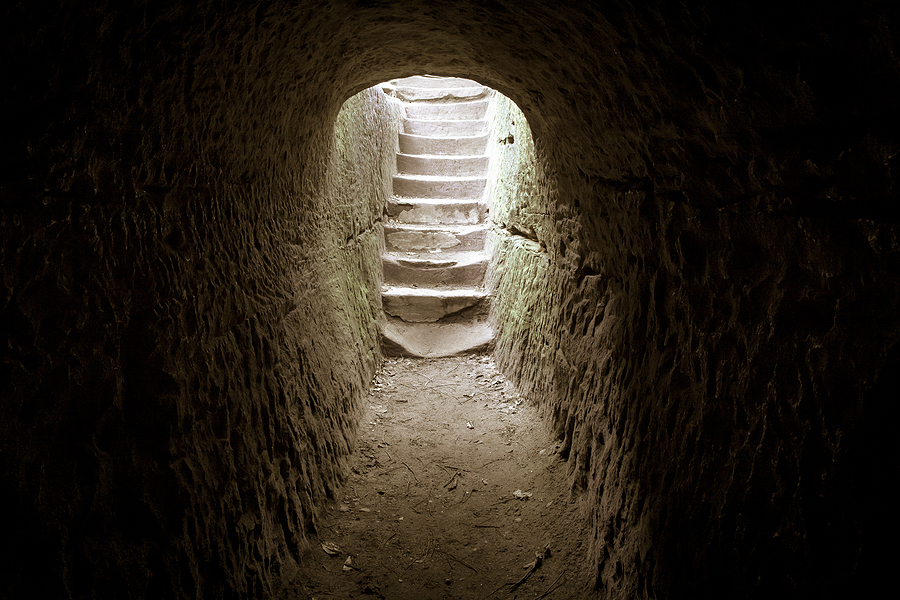Conclave is the best of Robert Harris’ novels, high praise because Harris is an excellent writer of historical fiction. Each of his books reveals the writer’s journalistic background: Rich in detail and imagery, Harris’ extensive research for each story is evident. Conclave is all of that but much more.
This story is riveting, sympathetic and tender: qualities which are rare in this culture of belligerence and presumption. Most especially when the subject is a societal lightning rod like the Catholic Church.
Harris’ characters feel substantial, they take on flesh and bones to the point where the reader can visualize each person. Even to the point of a gracious understanding for the weak and frail humanity inhabiting the crimson robes of the prince of the Church.

Here is an example of Harris’ fine writing:
My brothers and sisters, in the course of a long life in the service of our Mother the Church, let me tell you that the one sin I have come to fear more than other sin is certainty. Certainty is the great enemy of unity. Certainty is the deadly enemy of tolerance. Even Christ was not certain at the end…He cried out in His agony at the ninth hour on the cross, ‘My God,, my God, why have you forsaken me?” Our faith is a living thing because it walks hand in hand with doubt. [Italics mine.] If there was not doubt, there would be no mystery, and therefore no need for faith.
It’s sometime in the near future and the Pope has died. The speaker, Jacapo Lomeli is the Dean of the College of Cardinals, and has just astonished himself by going off script. Rather than delivering his prepared homily of platitudes and studied neutrality, the Dean finds himself speaking from his heart.
We walk in the shoes of a holy man as he carefully and methodically steers the one-hundred-seventeen Cardinals from all over the world to a decisive vote for the next Pope. Jacapo Lomeli is a model of integrity and purity. One of the few Cardinals who appear to lack ambition, Lomeli sees himself as a Vatican bureaucrat. In fact, in his last conversation with the dead Pope, Lomeli was told he was not a shepherd but rather a manager. Words which pierce the heart of this faithful servant of the Church.
In the Author’s Note which precedes his latest book, Harris denies any but “superficial similarities” between Pope Francis and the fictional dead Pope of Conclave. Perhaps, but no matter. Any dwelling on exactly who is the inspiration risks appreciating an almost perfectly written story: One which discards any semblance of deprecation or ease of characterization into ‘liberalism’ or ‘conservatism.’ These two labels not only polarize but they trivialize and erroneously simplify (as did this Washington Post reviewer) reasoned beliefs upon complex subjects like faith.
Rather than just a good read, this story touched me personally. Among the many reasons this is so are two:
- Upon visiting the Vatican, most of my fellow Roman Catholics speak of felt awe and reverence when walking into St. Peter’s, the Sistine Chapel and many other impressive buildings within Vatican City. They write and speak about feeling overcome by holiness; of its history, architecture and exquisite art. Perhaps because of my disappointing experiences with the reality of institutional life as a senior executive, my sense of the place was pure politics. There was no felt sense of worship but rather power and gamesmanship. My preferred place for Mass and prayer in that eternal city of spectacular churches was the Chiesa de Jesu, conceived by St. Ignatius of Loyola. This place felt as if the Holy Spirit had taken up residence.


More importantly, Harris’ excellent prose reminded me of one of the wise admonitions given me during those months of studying at the Benedictine Abbey where I became a Roman Catholic. Reading my mind, the then Prior Xavier declared, “Beneath these robes, Lin, are ordinary men, prone to all the flaws of any human in the world. All the pettiness, flaws and sin of any man are alive and well here. Just so, the manner in which protagonist Jacabo Lomeli deals with the shocking sins of his colleagues is tender, instructive: Christ-like. And I thank Robert Harris for this Ambrosian prayer which I had never before read:
Gracious God of majesty and awe,
I seek your protection,
I look for Your healing.
Poor troubled sinner that I am,
I appeal to You, the fountain of all mercy.
I cannot bear Your Judgment
But I trust in Your Salvation…



